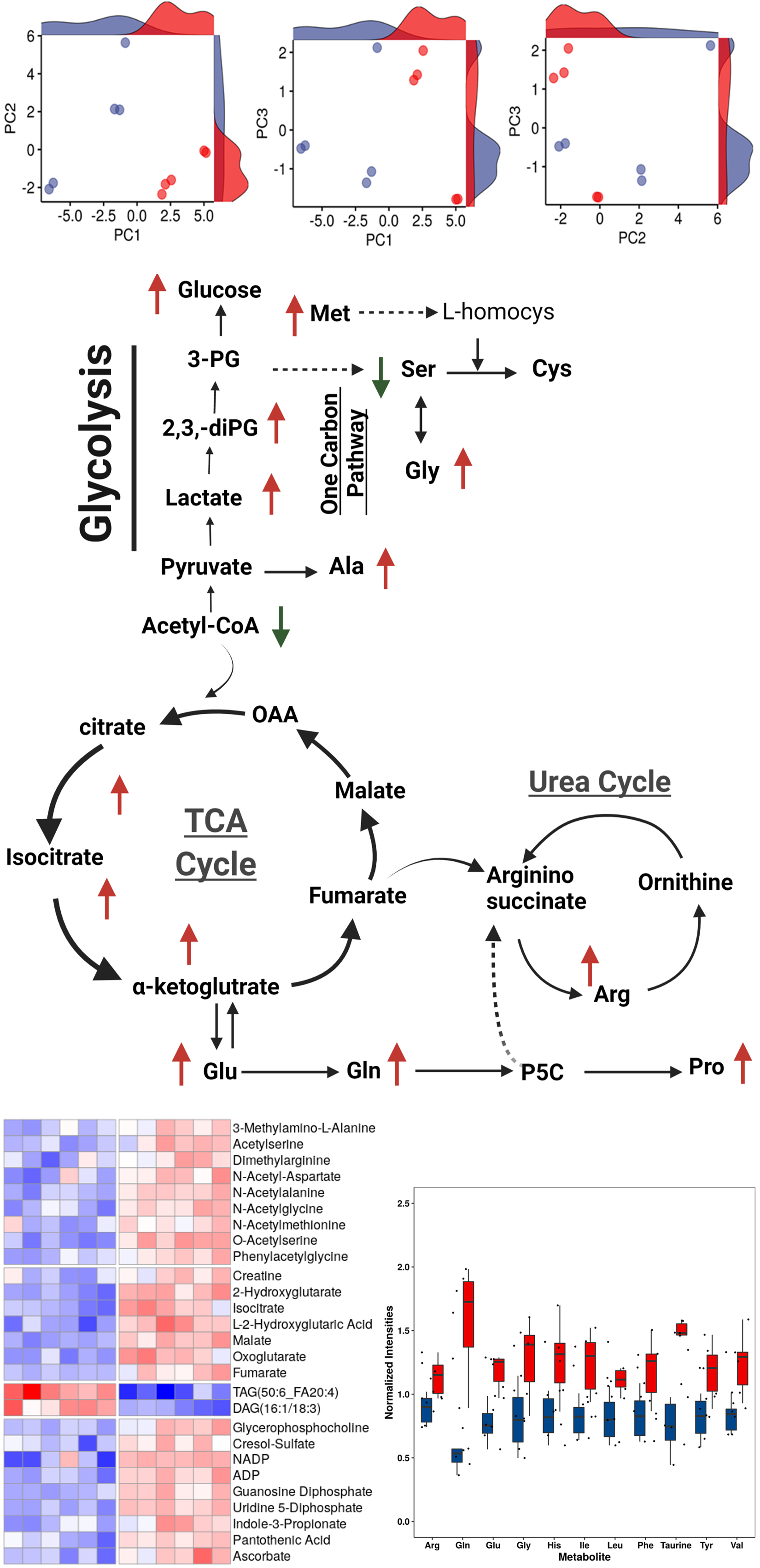Client Case Studies
Investigating Metabolic Changes in Pancreatic Cancer with Nelson Scientific Labs

Context, Pancreatic cancer is a highly aggressive disease, with the majority of patients diagnosed at late stages, leading to poor outcomes. Epithelial to mesenchymal transition (EMT) is known to play a role in the aggressiveness of pancreatic cancer, but the metabolic alterations accompanying this transition remain uncharacterized. Understanding these alterations could lead to the development of strategies to improve outcomes in pancreatic cancer patients.
Perspective: Nelson Scientific Labs, a leader in cutting-edge research, partnered with the study team to apply a metabolomics approach to investigate the small molecule and biochemical changes related to EMT in pancreatic cancer cells. Their advanced technology and expertise in high-resolution mass spectrometry (HRMS) proved invaluable for understanding the metabolic changes in these cancer cells.
Analysis: The researchers, with support from Nelson Scientific Labs, used HRMS to delineate the metabolic changes accompanying transforming growth factor beta (TGFβ)-induced EMT in pancreatic cancer cells. They observed significant alterations in amino acid and energy metabolism, which may contribute to tumor invasion and metastasis. Unexpectedly, they also found that TGFβ treatment resulted in increased intracellular levels of retinoic acid (RA), leading to increased levels of extracellular matrix (ECM) proteins like fibronectin (FN) and collagen (COL1).
Result: With the help of Nelson Scientific Labs' technology and expertise, the research team identified novel insights into small molecule dysregulation that triggers a molecular cascade resulting in increased EMT-like changes in pancreatic cancer cells. These findings were further validated in plasma samples obtained from patients with resectable pancreatic cancer.
Benefit: This collaboration has provided valuable information on the metabolic changes related to EMT in pancreatic cancer and has laid the groundwork for future research. Targeting the identified dysregulated molecules could potentially lead to better clinical outcomes for pancreatic cancer patients.
References:
Rajagopal, M.U.; Bansal, S.; Kaur, P.; Jain, S.K.; Altadil, T.; Hinzman, C.P.; Li, Y.; Moulton, J.; Singh, B.; Bansal, S.; Chauthe, S.K.; Singh, R.; Banerjee, P.P.; Mapstone, M.; Fiandaca, M.S.; Federoff, H.J.; Unger, K.; Smith, J.P.; Cheema, A.K. TGFβ Drives Metabolic Perturbations during Epithelial Mesenchymal Transition in Pancreatic Cancer: TGFβ Induced EMT in PDAC. Cancers 2021, 13, 6204. https://doi.org/10.3390/cancers13246204
Nelson Scientific Labs provides comprehensive multi-omics services, from study design all the way to interpreting and reporting your findings.
Contact us today to find out how we may help you with your project!












